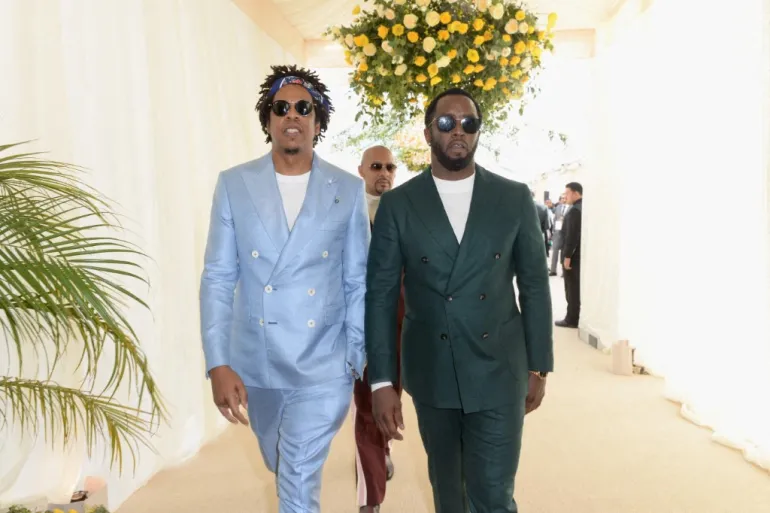
In a recently refiled civil lawsuit, Jay-Z and Sean “Diddy” Combs are accused of sexual assault. The complaint, brought by Jane Doe, claims the two assaulted her in 2000 when she was only 13 years old at a high-style MTV awards party in New York City. Both music moguls have denied the commodities and proclaimed it harmless to impugn their character and extort money from them.
Peter, an attorney representing Jane Doe, put into sharper focus the seriousness of the case in that it happens to have some substantive basis in evidence and set the record straight in regards to false allegations of some inhuman act suited to their stature. Roc Nation, the entertainment company founded by Jay-Z, retaliated by releasing a vehement statement that alleged the claims were made for financial gain and suggested that if the allegations were valid, the plaintiff should go ahead and lodge a criminal complaint.
With increasing scrutiny on him because of surrounding legal issues, Diddy should add another notch to his already exhaustive docket with this case. At present, he is awaiting trial on federal charges of sex trafficking and malfeasance while fighting more than 120 civil cases accusing him of abuse and exploitation. Diddy’s legal team claimed that the new allegations were motivated solely by opportunity, contending that there was a pattern of fabricated claims being made to extort payment settlements from wealthy members of the public.
The basis of the news is much aimed at creating a new dialogue about power dynamics and party accountability within the music industry; they do come out to disagree as Jay-Z has not been charged with the newly filed case. Survivor advocates emphasized the need for an attentive judicial process; approaching complainants against powerful people takes courage. The attorney’s stance, though some, seemed ruthless; one of them even suggested that they were using indiscreet means.
But what it amounts to is that reactions are divided-fourth parties inclined towards music, especially people who know and are against the “imposition” and context of the allegation and believe that this is about the late-tenure legal woes of Diddy, and others claim that outright dismissal denies the voices of survivors subjected to enormous societal pressure and disbelief in coming forward. Online chatter about the ethics of celebrity culture and its impact on the justice system has exploded.
In the run, justly, this case indeed sets forth a far greater gamble for Jay-Z and Diddy, not merely concerning their reputation and career regarding entertainment, but what that would state about the entire entertainment industry. Legalists believe we may be treated to an extremely protracted court tussle-two of them guarding each other’s rebounds with all the evidence and nine witnesses tabloids. It almost hardly got off to that, however, and thus allows for some sort of mouthing from the lucent dominion of how the judicial will work on the separate narratives that one is opposing the other.




